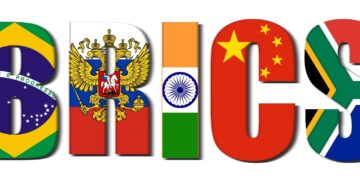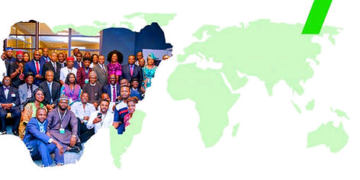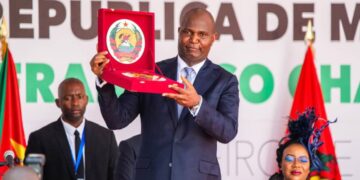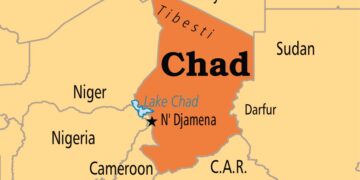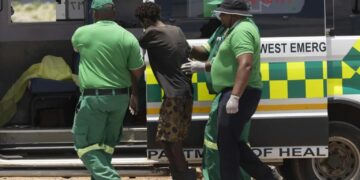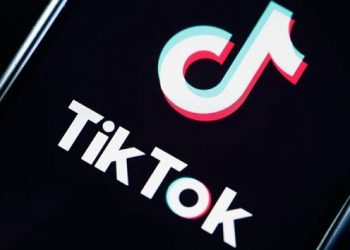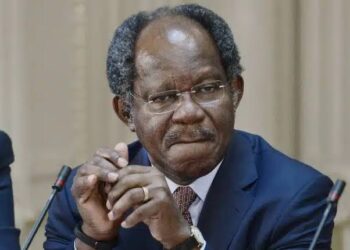Executive Vice Chairman, the Nigerian Communications Commission (NCC), Prof. Umar Danbatta, has said that a reliable, and high-speed Internet is key to ensuring that hospitals and medical institutions have access to global information and resources necessary to fight Covid-19.
According to him, broadband connectivity is also absolutely crucial for educational institutions and businesses to continue to provide essential services. Speaking at the first virtual edition of the telecoms consumer parliament (VTCP), in Abuja, Danbatta said the Commission is hopeful that the reduction in Right of Way (ROW) charges to N145 per linear meter, will automatically result in reduction in capital expenditure (CAPEX) by the network operators.
Also, telecom companies will sooner or later reciprocate the gesture by making their services especially data services more affordable to Nigerians. He attributed this to the intervention of the Minister of Communications and Digital Economy, Dr. Isa Ali Ibrahim Pantami, and state governors now aligning their RoW charges to N145 as approved by the Federal Economic Council (FEC).
Danbatta observed that other state governors pegged their RoW charges below the N145 set by the FEC, while some state governors have totally waived RoW charges in their state. He added that all these are aimed at encouraging network operators to deploy telecoms/broadband infrastructure faster in their states with a view to deepening digital access.
He said: “As Covid-19 evolves a new world order where more activities are conducted online and robust broadband access that is central is emerging. In effect, most of the state governors have appreciated the centrality of robust broadband infrastructure as work-from-home measures by the government persists.”
Quoting an International Telecommunications Union (ITU) report on the impact of the pandemic on the telecoms sector, Danbatta said: “Covid-19 virus has presented a stress test for governments worldwide, with the Internet playing a crucial role in keeping critical infrastructure and resources connected and available.”
According to him, the report showed that “the unprecedented global health emergency is tasking mobile networks and digital platforms to the limit, with some telecom operators and platforms reporting demand spikes as high as 800 per cent since the outbreak of the pandemic in their respective countries.







